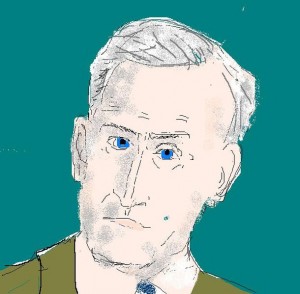New York City residents have always joked, with gleeful cruelty, that California would one day sink into the ocean. But who’s all wet now? In the aftermath of Hurricane Sandy, James Atlas wonders in the New York Times if our city is ultimately to be submerged. An excerpt:
“There had been warnings. In 2009, the New York City Panel on Climate Change issued a prophetic report. ‘In the coming decades, our coastal city will most likely face more rapidly rising sea levels and warmer temperatures, as well as potentially more droughts and floods, which will all have impacts on New York City’s critical infrastructure,’ said William Solecki, a geographer at Hunter College and a member of the panel. But what good are warnings? Intelligence agents received advance word that terrorists were hoping to hijack commercial jets. Who listened? (Not George W. Bush.) If we can’t imagine our own deaths, as Freud insisted, how can we be expected to imagine the death of a city?
History is a series of random events organized in a seemingly sensible order. We experience it as chronology, with ourselves as the end point — not the end point, but as the culmination of events that leads to the very moment in which we happen to live. ‘Historical events might be unique, and given pattern by an end,’ the critic Frank Kermode proposed in The Sense of an Ending, his classic work on literary narrative, ‘yet there are perpetuities which defy both the uniqueness and the end.’ What he’s saying (I think) is that there is no pattern. Flux is all.
Last month’s ‘weather event’ should have taught us that. Whether in 50 or 100 or 200 years, there’s a good chance that New York City will sink beneath the sea. But if there are no patterns, it means that nothing is inevitable either. History offers less dire scenarios: the city could move to another island, the way Torcello was moved to Venice, stone by stone, after the lagoon turned into a swamp and its citizens succumbed to a plague of malaria. The city managed to survive, if not where it had begun. Perhaps the day will come when skyscrapers rise out of downtown Scarsdale.”


